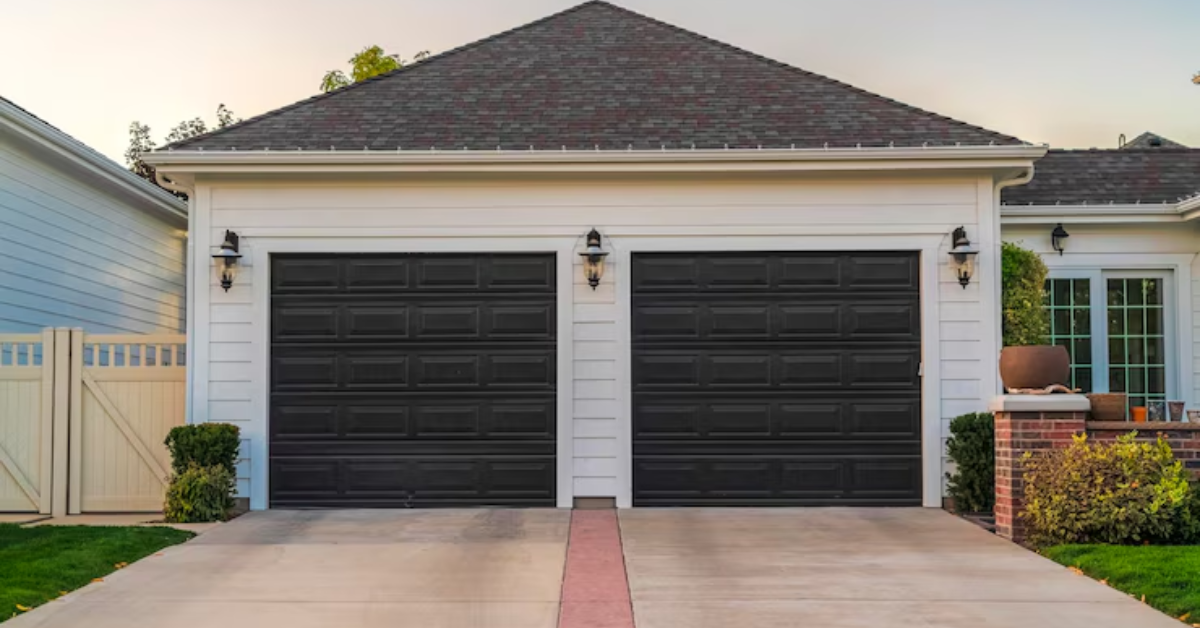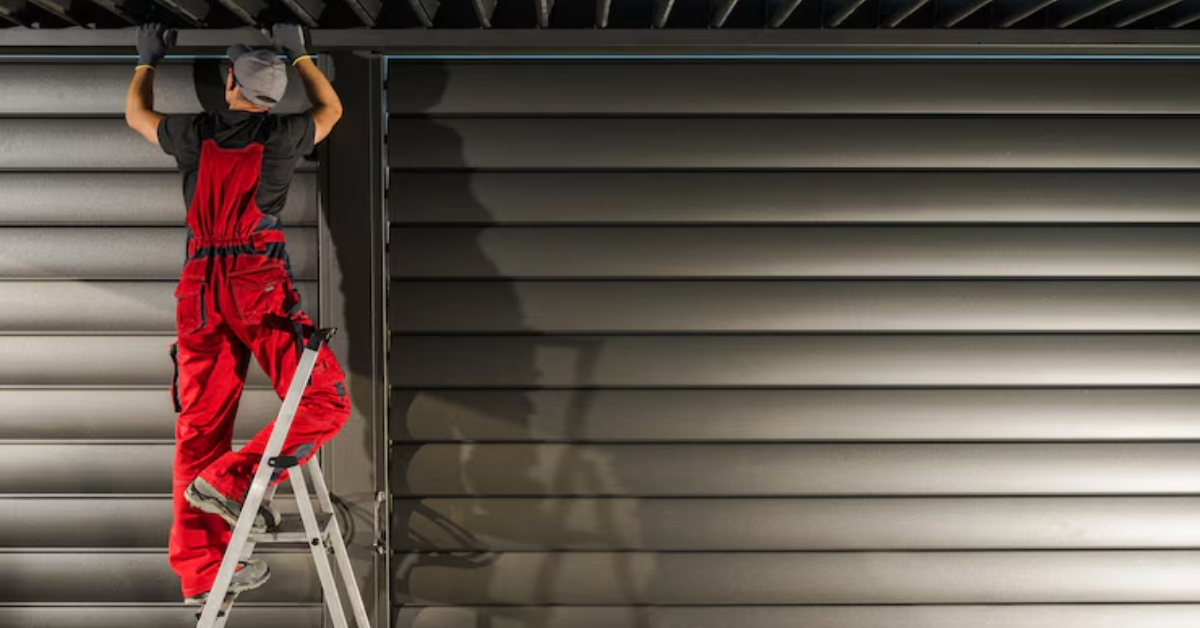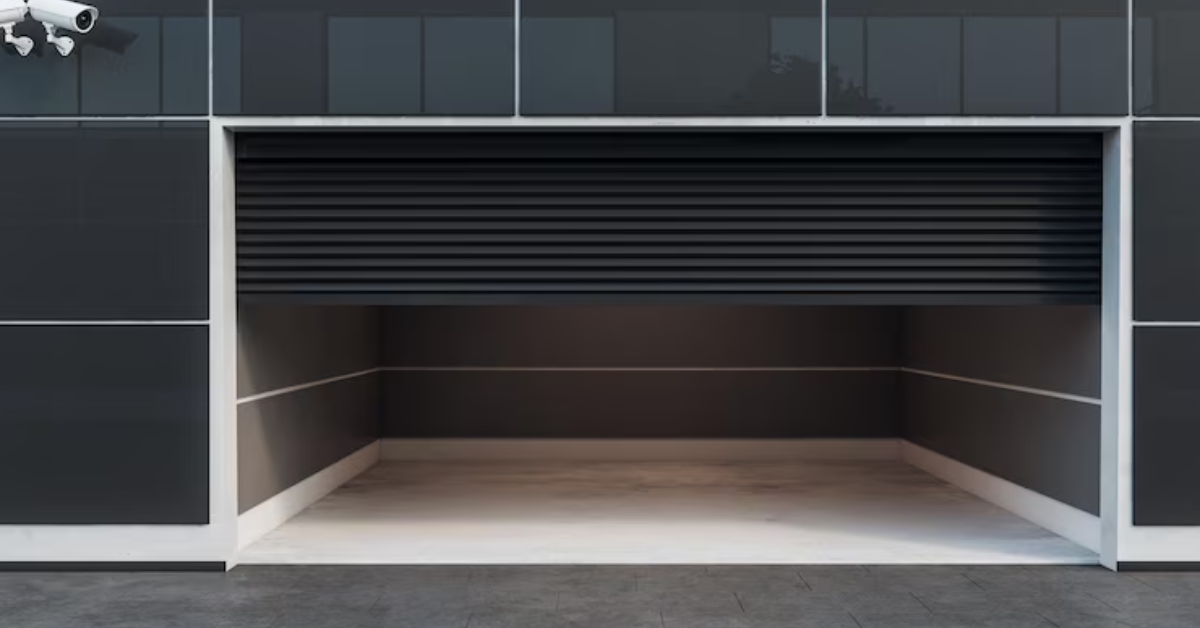Why Did My Garage Door Remote Stop Working?
A garage door remote is a convenient tool, but when it suddenly stops working, it can be frustrating and inconvenient. There are several reasons why your garage door remote might malfunction, ranging from simple issues like dead batteries to more complex problems like signal interference or a malfunctioning garage door opener. In this article, we will explore the most common reasons for a garage door remote failure and how you can troubleshoot and fix these issues.
1. Dead or Weak Batteries
One of the most common reasons why a garage door remote stops working is due to dead or weak batteries. Batteries have a limited lifespan, and as they drain, the remote may not have enough power to send a signal to the garage door opener. If your garage door remote has stopped working suddenly, the first thing you should check is the batteries.
Replacing the batteries in your garage door remote is a simple and quick fix. Most remotes use standard batteries, which are readily available at most stores. To replace the batteries, open the battery compartment, remove the old batteries, and insert the new ones, ensuring that the positive and negative terminals are aligned correctly. After replacing the batteries, test the remote to see if it’s working again.
2. Signal Interference
Garage door remotes operate using radio frequencies to communicate with the garage door opener. However, other electronic devices in your home, such as Wi-Fi routers, cordless phones, and baby monitors, can interfere with these signals. Signal interference can prevent the remote’s signal from reaching the garage door opener, causing it to stop working.
If you suspect signal interference, try turning off nearby electronic devices to see if the remote starts working again. You can also try reprogramming your garage door opener to use a different frequency. Most modern garage door openers allow you to change the frequency setting, which can help eliminate interference.
3. Remote Needs Reprogramming
Sometimes, your garage door remote may lose its connection to the opener, especially after a power outage or if the remote has been dropped. When this happens, the remote needs to be reprogrammed to re-establish the connection with the garage door opener.
To reprogram your remote, locate the "Learn" button on your garage door opener, which is usually found on the back or side of the motor unit. Press and hold the "Learn" button until the indicator light turns on, then press the button on your remote. The light should blink, indicating that the remote has been successfully reprogrammed. Test the remote to ensure it’s working properly.
4. Worn-Out Buttons
Over time, the buttons on your garage door remote can become worn out due to frequent use. If the buttons feel loose, sticky, or unresponsive, this could be why your garage door remote has stopped working. Worn-out buttons may not make proper contact with the internal circuitry, preventing the remote from sending a signal to the garage door opener.
If your remote buttons are worn out, you may need to replace the remote. Fortunately, most manufacturers offer replacement remotes that are compatible with your garage door opener. You can purchase a new remote from the manufacturer, a hardware store, or online. Be sure to check compatibility with your garage door opener before purchasing a replacement.
5. Malfunctioning Garage Door Opener
If your garage door remote is not working, the problem might not be with the remote itself but with the garage door opener. Start by checking the power source of the garage door opener. Ensure that it is plugged in and that the outlet is functioning properly. If the opener is not receiving power, it won’t respond to the remote’s signal.
The garage door opener receives signals from the remote through an antenna. If the antenna is damaged, disconnected, or obstructed, it may not receive the signal from the remote, causing the door to remain closed. Inspect the antenna to ensure it is intact and properly connected.
If the power source and antenna are fine but the remote still doesn’t work, you may need to reset the garage door opener. Unplug the opener from the power source, wait for a few seconds, and plug it back in. This can reset the system and restore communication between the remote and the opener.
6. Outdated or Incompatible Remote
If you’ve recently replaced your garage door opener, the old remote may not be compatible with the new system. Not all remotes work with all garage door openers, so it’s essential to ensure that you have the correct remote for your specific opener model. If your remote is outdated or incompatible with your garage door opener, you may need to upgrade to a newer model. Newer remotes often come with advanced features and improved signal strength, providing better performance. Check with the manufacturer to find a compatible remote for your garage door opener.
7. Environmental Factors
Environmental factors such as extreme cold or moisture can affect the performance of your garage door remote. Cold weather can reduce battery life, while moisture can damage the remote’s internal components. To protect your remote, avoid leaving it in areas where it could be exposed to moisture or extreme temperatures. If you suspect that the remote has been damaged by weather, you may need to replace it.
Conclusion
A garage door remote that stops working can be a major inconvenience, but most issues can be resolved with some simple troubleshooting. Whether it’s replacing dead batteries, reprogramming the remote, or addressing signal interference, identifying the root cause can help you get your remote working again quickly. If all else fails, consulting a professional or replacing the remote may be necessary. By understanding the common causes of garage door remote failure, you can keep your garage door functioning smoothly and reliably.




